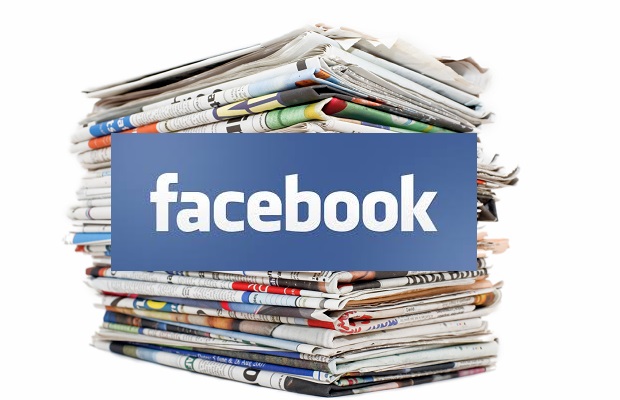Facebook’s increased personalisation has led to a lack of diversity in the news and opinions appearing on people’s newsfeeds, according to a new report.
The research, conducted by Facebook itself, examined whether the social network insulates members from diverse opinions.
Researchers from Facebook and the University of Michigan’s School of Information set out to gauge how Americans’ growing reliance on social media to steer them to news and information might influence the political breadth of material to which they are exposed.
The study concluded that personal choice about what to click on has a greater effect than Facebook’s own formula for the feed, the collection of postings to a user’s accounts, according to findings published in Science magazine.
Theyn analyzed the activity of more than 10 million users of the social networking site who publicly listed their political preference.
The researchers looked not only at the news and information choices put in front of those users by their online friends and Facebook’s news-sorting algorithms; they also looked at which of those links these users clicked on.
Their findings were published Thursday in the journal Science.
Majority of news supports readers’ view
In a completely random news feed, more than 40 per cent of the hard-news content would be from opposing points of view, the study found. Accounting for friendships and the popularity of postings, that per centage declines. Liberals tend to see a narrower universe of opinions: they get 24 per cent of their hard-news from conservatives, while conservatives get 35 per cent from liberals.
Facebook’s news-feed algorithm, which gives priority to postings from close friends and other content deemed relevant to the individual, reduces opposing opinions by 8 per cent for liberals and 5 per cent for conservatives
Facebook’s news-feed ranking algorithm produced, on average, a 1-percentage-point change in the proportion of news that might challenge users’ beliefs, the authors of the study found. But individuals’ own choices about what to click on resulted in a 4-percentage-point decrease in the proportion of challenging content they saw.
“Our work suggests that the power to expose oneself to perspectives from the other side in social media lies first and foremost with individuals,” the authors wrote.
